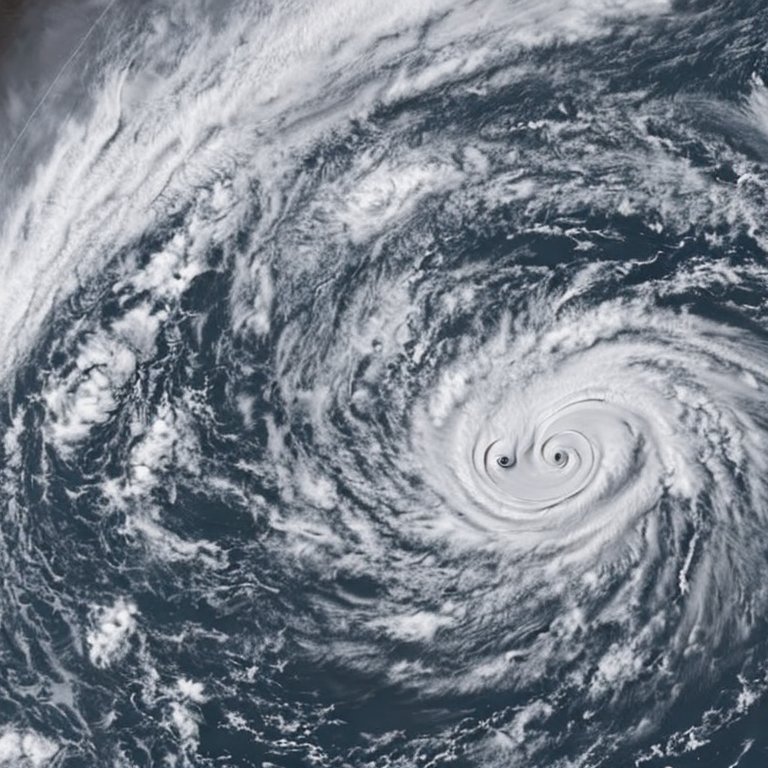In the sprawling expanse of the Horn of Africa, Somalia faces a multifaceted crisis that extends far beyond its borders. While the nation grapples with security concerns, famine, and political instability, a silent menace threatens to exacerbate these challenges: climate change.
Climate change is a global phenomenon with far-reaching implications for every corner of the globe. From the melting ice caps of Antarctica to the scorched forests of the Amazon, the impacts of climate change are being felt on every continent. Rising temperatures, shifting weather patterns, and extreme weather events are just some of the marks of this environmental crisis.
In Africa, the effects of climate change are particularly pronounced, with many countries experiencing heightened vulnerability to its impacts. From drought-stricken regions in East Africa to coastal communities facing the threat of sea-level rise, the continent is on the front lines of climate change. Agriculture, a vital source of livelihood for millions of Africans, is increasingly at risk due to changing rainfall patterns and diminishing water resources.
Against this backdrop of global environmental upheaval, Somalia finds itself grappling with its own climate-related challenges. Erratic rainfall patterns, prolonged droughts, and the loss of livestock are all indicative of the impact of climate change on the country’s fragile ecosystems. The indiscriminate cutting of trees for charcoal production further exacerbates environmental degradation, perpetuating a cycle of poverty and environmental decline.
As Somalia confronts the daunting reality of climate change, urgent action is needed to mitigate its effects and build resilience to its impacts. The Somali government, in partnership with the international community, must prioritize climate adaptation and mitigation measures as part of its broader development agenda. This includes investing in sustainable land management practices, promoting renewable energy sources, and fostering community-led initiatives to address environmental challenges.
To combat deforestation and promote reforestation efforts, Somalia must implement robust policies that regulate tree-cutting practices and incentivize sustainable land management. Large-scale tree-planting initiatives can help restore degraded landscapes and mitigate the effects of climate change. Furthermore, raising awareness about the importance of environmental conservation and building capacity for climate adaptation at the community level are essential components of any comprehensive strategy.
As Somalia grapples with the myriad challenges of state-building and recovery, addressing the impact of climate change must be placed at the forefront of the national agenda. By recognizing the interconnectedness of environmental, social, and economic issues, Somalia can begin to chart a path towards a more sustainable and resilient future. Only through concerted efforts and collective action can Somalia hope to overcome the silent crisis of climate change and build a nation that is both prosperous and environmentally sound for generations to come.





